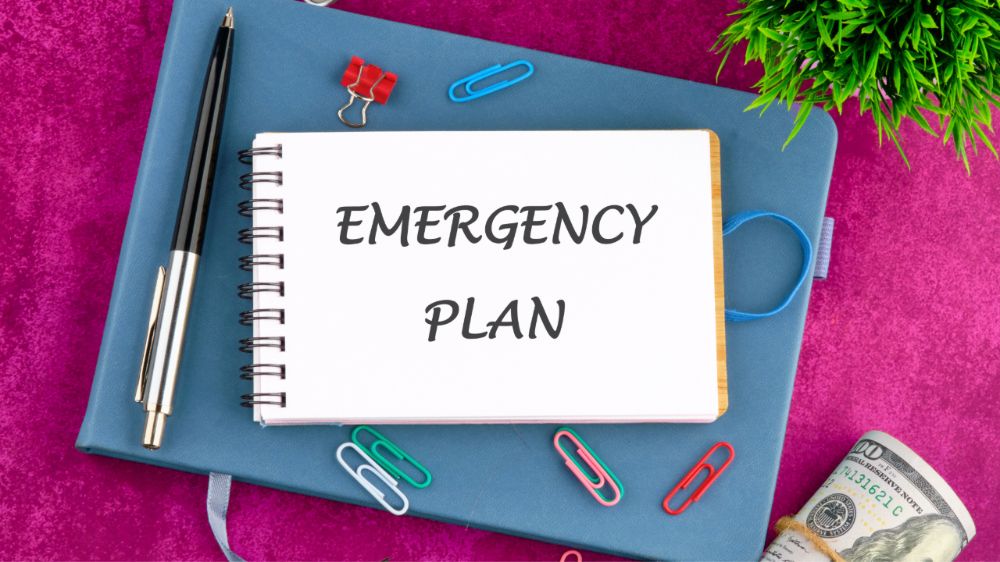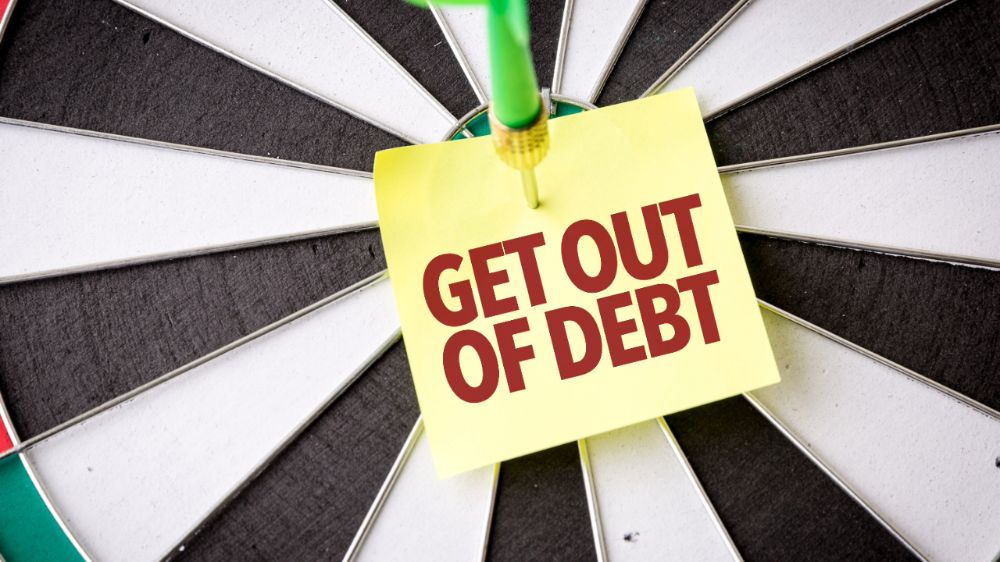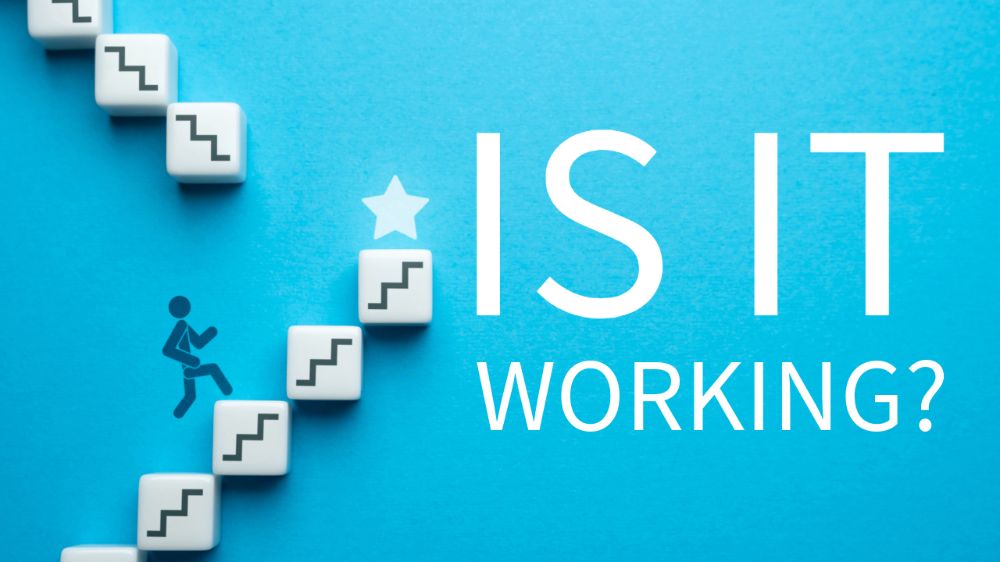Why you need an emergency plan

Life is unpredictable. One moment, you're going about your day as usual, and the next, you're watching a massive storm roll in, or the ground starts to tremble beneath your feet. Natural disasters — hurricanes, earthquakes, wildfires, floods — can happen without much warning. And when they do, the aftermath is often devastating. That's why having an emergency plan in place isn't just a "nice-to-have" — it's a must.
It’s not a matter of if, it’s when
We all hope we never have to deal with a natural disaster, but the truth is, they can happen to anyone, anywhere. No one is immune. Whether you live in a coastal city prone to hurricanes or a region known for its earthquakes, you need to be prepared. Even areas that don’t typically see these kinds of events can be affected by freak weather or geological activity.
Planning for an emergency isn't about being fearful; it's about being smart and responsible. When disaster strikes, the last thing you want to do is scramble to figure out what to do. Having a plan saves precious time and can make all the difference in keeping you and your loved ones safe.
The calm in the chaos
Picture this: there’s a wildfire moving toward your neighborhood. You’ve got minutes to get out. Do you know where to go? What to take? How to reach family members who might be at work or school? In an emergency, chaos can reign. People panic, lose focus, and make snap decisions — which can sometimes lead to dangerous situations.
But if you have a solid plan in place, you know what to do. You’ve already thought about your escape routes, packed your emergency kit, and made sure everyone in your household knows the drill. That level of preparedness allows you to stay calm and focused when it matters most.
Protecting what matters most
Your life and the lives of your family are the most important things you have. An emergency plan ensures you’ve thought through how to protect them. It includes knowing:
• Where to go: Whether it’s evacuating to a shelter, a friend’s house, or higher ground, having an agreed-upon meeting place makes sure no one is left behind.
• How to communicate: Power and cell towers might be down, so it's essential to have a plan for how you'll communicate. Maybe that’s through a pre-chosen out-of-state relative or using walkie-talkies. Whatever it is, make sure everyone is on the same page.
• What to take: An emergency kit is critical. It should include food, water, medications, important documents, cash, and other essentials. When you’re packing your car in a hurry, you won’t have time to think through everything. Having a prepared kit will give you peace of mind.
A little planning goes a long way.
An emergency plan doesn’t have to be complicated. It’s just a clear, thought-out set of actions that everyone in your household knows and understands. And it doesn't take much time to put together, but it can save lives.
Here’s a simple way to get started:
Here’s a simple way to get started
- Talk to your family about potential disasters that could affect your area.
- Create an evacuation plan and practice it.
- Assemble an emergency kit with essentials like food, water, flashlights, and first aid supplies.
- Stay informed by signing up for local emergency alerts.
- Know your community resources, like the location of shelters and hospitals.
It’s peace of mind you can’t put a price on.
We can’t control nature, but we can control how prepared we are when it turns on us. Having an emergency plan won’t stop a disaster from happening, but it will make it easier for you to get through it. It's like having an insurance policy you hope you'll never need, but if you do, you'll be glad you have it.
Take the time today to put a plan in place. It could be one of the most important things you do for yourself and your family.

